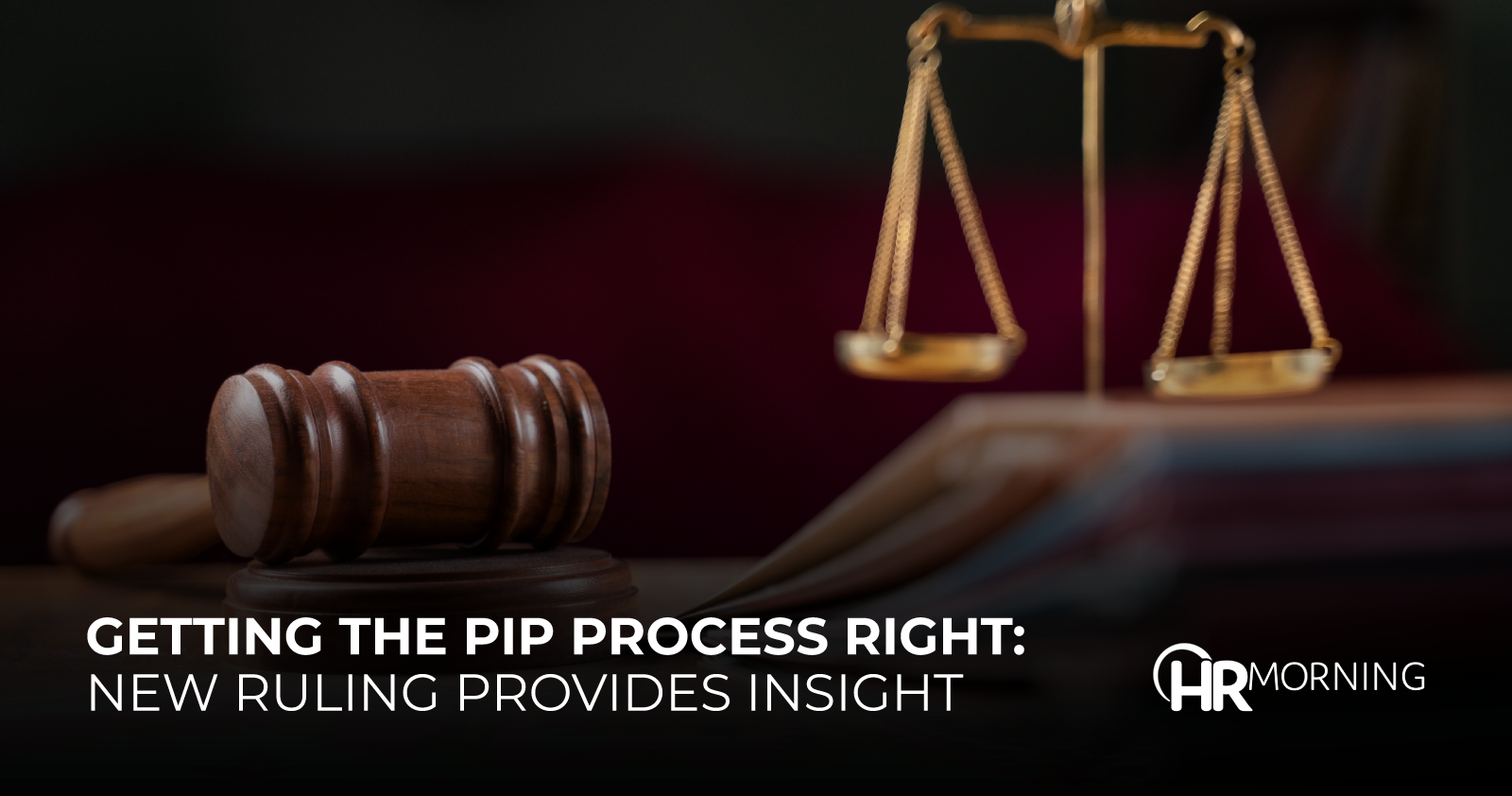Iowa’s highest court ordered a school district to reinstate a fired teacher who had been placed on a performance improvement plan (PIP) and remanded her case to the district court for further proceedings.
After receiving an unsatisfactory classroom evaluation, a Spanish teacher was put on a performance improvement plan (PIP) as required by Iowa law.
But before she completed the PIP, she was fired for failing to meet the district’s teaching standards. She sued the district, and the case reached the state’s highest court.
PIP dispute centers around time frame
Under a provision of Iowa law, school teachers who fail to meet performance expectations must undergo remediation for a period “not to exceed 12 months.”
To comply with the law, the district implemented a policy, which stipulates that teachers who are put on a PIP “have at minimum six months, and at most 12 months, to complete the program.” That policy is incorporated into the district’s contract with teachers.
According to the teacher, the school’s decision to fire her was premature because she wasn’t given at least six months to complete the PIP.
The school district argued that the broad language in the Iowa law permits districts to discharge teachers “at any time during the contract year for just cause,” which trumps the teacher’s “right to continue” the PIP. But the Iowa Supreme Court was not swayed by the district’s argument.
A Closer Look at the Law – and the Policy
It’s well established that “when a specific provision in a statute appears to be in conflict with a general provision,” then “the specific provision is treated as an exception to the general” one, the state’s high court explained.
Moreover, the law contains “repeated mandatory language,” the court said. For example, it stipulates that an evaluator “shall … recommend” a PIP when a teacher fails to meet performance expectations; a district “shall … offer” a PIP to the teacher; and the teacher “shall participate” in the program. (Emphasis in original.)
The law also “specifies the options school districts possess in addressing a teacher’s performance problems at the conclusion” of the PIP, the court pointed out.
Turning to the district’s policy, the court first stressed that it was incorporated into the school district’s contract with teachers.
Moreover, the policy gives teachers a minimum of six months to participate in a PIP to improve their performance, the court said. Here, this teacher “never received six months to participate” in the program. Thus, the court held that the district “violated the law when it terminated [the teacher’s] contract for the same performance reasons addressed in her ongoing [PIP] before [she] had been given the requisite period to participate in the program.”
The court ordered the district to reinstate the teacher to her former position under the terms of her previous contract and remanded the case to the district court for further proceedings.
Braaksma v. Board of Directors of the Sibley-Ocheyedan Community School Dist., No. 21-0067, 2022 WL 12111272 (Iowa 10/21/22).


